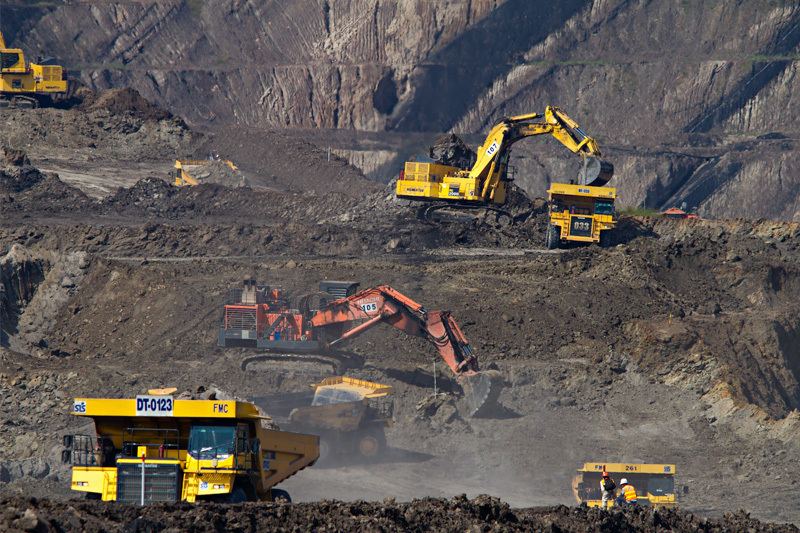
Demand For Fossil Fuels And Accelerating Shift To Renewables – Exploring Connection
According to the International Energy Agency’s annual World Energy Outlook report, published Tuesday, global demand for oil, natural gas and coal – and the concerning carbon pollution they generate – are set to peak later this decade.
Driving the shift will be the incredible rise of clean sources of energy, the Paris-based agency said, highlighting the possibility of seeing nearly 10 times as many electric cars on the road globally by the end of the decade.
How Can China Depress Global Demand For Fossil Fuels?
The IEA also said it expects renewables to account for almost 50% of the global energy mix, up from the current 30%. Its executive director, Fatih Birol, underscored the “unstoppable” energy transition, adding: “It’s not a question of ‘if’, it’s just a matter of ‘how soon'”.
Slowing growth in the world’s second biggest economy will also depress demand for fossil fuels. China’s total energy demand is set to peak around the middle of the decade. The country is also becoming a “clean energy powerhouse”, accounting for over 50% of EV sales worldwide in 2022.
Keep Reading
Birol, however, raised concerns over a major geopolitical crisis in the Middle East potentially putting oil markets at risk. In the near term, oil prices could be pushed much higher by the brutal Israel-Hamas war. Brent crude, the global benchmark, has gained nearly 7% since October 7.
The raging conflict could shock oil markets once again and deeply, because many oil producing countries are in that region, Birol noted. “This comes on top of the insecurity that we had in the natural gas markets … after the invasion of Ukraine by Russia.”
Limiting Global Warming To 1.5 Degrees Celsius
Despite the accelerating shift to renewable sources and lasting changes to consumption patterns in countries such as China, “global emissions would remain high enough to push up global average temperatures by around 2.4 degrees Celsius this century,” the IEA noted.
The agency warned more needed to be done if the world is to stand a chance of limiting warming to 1.5 degrees Celsius, a threshold beyond which scientists believe extreme heat, floods, wildfires, and food and water shortages will have a more terrible impact on life.




